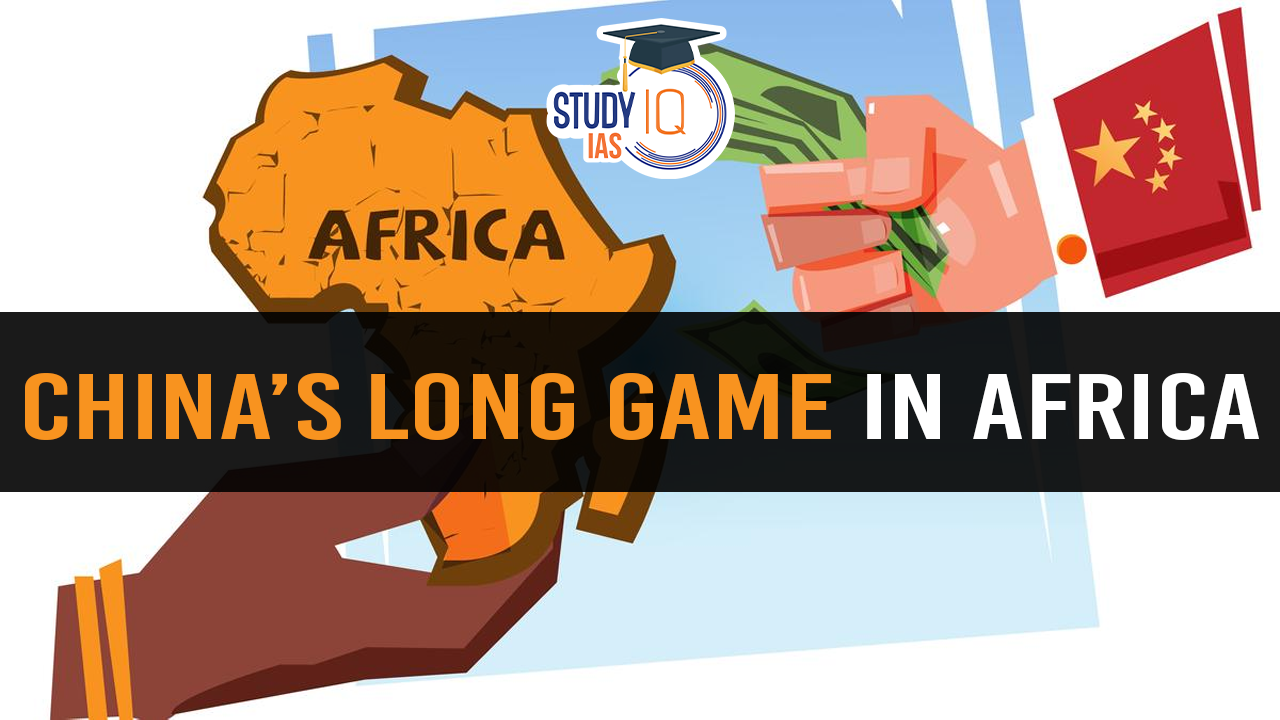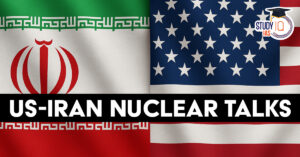Table of Contents
Context
- China is strategically increasing its influence in Africa by shaping its political landscape through investments in education, diplomacy, and governance models.
- The establishment of the Mwalimu Julius Nyerere Leadership School in Tanzania in 2022 is a key part of this broader strategy to embed Chinese governance principles and build long-term alliances with African leaders.
The Mwalimu Julius Nyerere Leadership School
- Purpose: Aimed to train African political leaders in Chinese governance principles.
- Emphasizes the centrality of the ruling party and strong state control.
- Key Details: Located in Tanzania, built at an estimated cost of $40 million.
- The inaugural cohort included 120 officials from South Africa, Mozambique, Angola, Namibia, Zimbabwe, and Tanzania — countries with strong historical ties to China.
- Significance: These six nations are ruled by liberation parties that came to power during pre-independence struggles.
- They also form the Former Liberation Movements of Southern Africa, a coalition for addressing governance challenges and staying in power.
Broader Strategy of Influence in Africa
Political Training and Educational Initiatives
- Study Tours: Hundreds of African officials participate annually in visits to China, including lectures, cultural exchanges, and interactions with provincial governments.
- Expansion of Political Schools: Kenya expressed interest in a Chinese Communist Party (CCP)-modeled leadership school financed by China.
- China also funded the renovation of Zimbabwe’s Herbert Chitepo School of Ideology.
Diplomatic Ties with Political Parties
During the 8th Forum on China-Africa Cooperation (2021), China reported ties with over 100 political parties in 51 African countries.
Historical Support
Beijing supported African independence movements and governance structures, maintaining its strong ties through investments in infrastructure and industrial projects.
Other Engagement
- Kenya: China funded the construction of Kenya’s new foreign ministry headquarters as part of celebrations for 60 years of diplomatic relations.
- Other Infrastructure Investments: China continues to fund and refurbish institutions across Africa, embedding its governance model in local frameworks.
Response to Political Changes
China is aware of the potential for regime changes in Africa and is nurturing relationships with both ruling and opposition parties.
- This dual engagement helps safeguard its interests regardless of political transitions.
Long-term Vision for Political Stability
China’s establishment of the Nyerere Leadership School is a critical component of its long-term strategy to embed itself within Africa’s political landscape. By fostering relationships with ruling parties and promoting its governance model, China aims to create a Sino-centric world order that significantly influences global governance structures. Through these initiatives, China ensures its continued relevance and influence in shaping Africa’s political future.


 India-Middle East-Europe Economic Corrid...
India-Middle East-Europe Economic Corrid...
 US-Iran Nuclear Talks: Key Developments ...
US-Iran Nuclear Talks: Key Developments ...
 EU Plans to Slash General Data Protectio...
EU Plans to Slash General Data Protectio...





















